
Elevating Air Quality with Air Handling Unit Systems
- By:hqt
- 2024-01-08
- 29
The quality of indoor air stands as a paramount concern, significantly impacting the well-being and comfort of those inhabiting residential, commercial, and industrial spaces. In response to this pressing issue, Air Handling Unit (AHU) systems have emerged as essential components within HVAC (Heating, Ventilation, and Air Conditioning) systems. These AHU systems are intricate mechanical apparatuses meticulously crafted to both regulate and enhance the caliber of air circulation within structures. Their pivotal function revolves around sustaining a healthful indoor milieu by governing temperature, humidity levels, and air purification. In an era where individuals dedicate a substantial portion of their lives indoors, the air quality directly affects their health and overall productivity. AHU systems serve as indispensable instruments, proficiently eliminating contaminants, managing allergens, and ensuring that the indoor air we breathe is comfortable and safe. The E-ZONG AHU Aluminum Profile PU sandwich panel is available in thickness options of 25mm, 30mm, and 50mm. These panels offer excellent insulation and structural support, making them ideal for various applications. Whether you need to maintain temperature control or enhance the structural integrity of a building, these panels provide a versatile solution.
Components of an AHU System
The Air Handling Unit (AHU) systems encompass a range of vital components, each with a pivotal role in the enhancement and regulation of indoor air quality:
Air Intake and Filtration
Pre-filters: These initial filters are tasked with capturing larger particles such as dust, pollen, and debris. Prevent them from entering the system and causing subsequent deterioration in air quality.
HEPA filter (High Efficiency Particulate Air): HEPA filters are good at removing tiny particles. Includes allergens, bacteria and viruses to ensure clean and healthy air.
Heat Exchangers
Essential for temperature control, heat exchangers facilitate the transfer of heat between incoming fresh air and outgoing stale air. This process maintains a comfortable indoor temperature while conserving energy.
Fans and Blowers
Responsible for air circulation within the system, fans and blowers ensure a consistent flow of conditioned air to various areas within a building.
Humidifiers and Dehumidifiers
These components play a crucial role in regulating indoor humidity levels, mitigating issues such as mold growth and discomfort arising from excessively dry or humid conditions.
Controls and Sensors
Modern AHU systems are equipped with advanced control systems and sensors that continuously monitor and adjust parameters like temperature, humidity, air pressure, and air quality in real-time. This dynamic management ensures peak performance and efficiency.
Functionality of AHU Systems
Air Handling Unit (AHU) systems exhibit a multifaceted operational profile, fulfilling diverse roles to enhance indoor air quality and comfort:
Air Circulation and Distribution
AHU systems efficiently circulate and distribute conditioned air throughout buildings, ensuring that fresh, filtered air reaches every corner, thereby promoting consistent comfort and ventilation.
Temperature Control
AHU systems meticulously regulate temperature by managing heating and cooling processes. This meticulous control fosters a uniform and comfortable indoor environment, guaranteeing occupants warmth during winter and coolness in summer.
Humidity Regulation
AHU systems oversee and fine-tune indoor humidity levels to maintain an optimal atmosphere. This proactive management prevents excessive moisture leading to mold growth and discomfort arising from overly dry air.
Contaminant Removal
Employing filtration systems inclusive of pre-filters and HEPA filters, AHU systems efficiently eliminate contaminants from the air. This systematic approach rids the air of particles like dust, allergens, bacteria, and viruses, thus contributing significantly to improved air quality and overall health.
Energy Efficiency Considerations
AHU systems are meticulously crafted with a focus on energy efficiency. They incorporate heat exchangers that recover and repurpose energy, resulting in reduced overall energy consumption. Furthermore, advanced control systems and sensors fine-tune system performance, thereby elevating energy efficiency and sustainability.
Advantages of AHU Systems for Air Quality
Air Handling Unit (AHU) systems present a plethora of benefits that directly contribute to the enhancement of indoor air quality and overall occupant well-being:
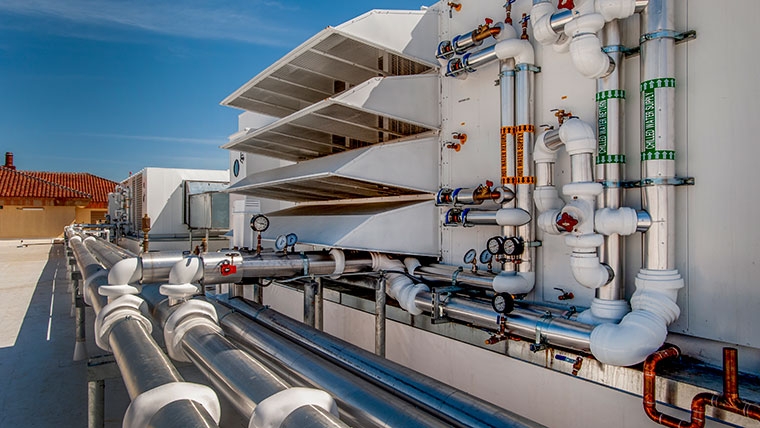
Enhanced Filtration and Removal of Particulate Matter
AHU systems incorporate high-efficiency filters, including HEPA filters, renowned for their proficiency in capturing and eliminating particulate matter like dust, pollen, and air contaminants. This results in the cultivation of cleaner, more invigorating indoor air.
Precise Temperature and Humidity Control
AHU systems offer meticulous regulation of temperature and humidity levels, crafting a consistent and comfortable indoor environment year-round. By upholding optimal conditions, they avert discomfort linked to extreme temperatures and humidity fluctuations.
Mitigation of Allergens and Pollutants
AHU systems actively diminish the presence of allergens, pollutants, and detrimental microorganisms, actively fostering healthier indoor air quality. Through the removal of allergenic particles, bacteria, viruses, and volatile organic compounds (VOCs), they effectively reduce health risks and allergic reactions.
Advancement of Energy Efficiency and Sustainability
AHU systems are artfully designed with energy efficiency as a core tenet. By incorporating heat exchangers to recuperate and reuse energy, they contribute to diminished energy consumption and decreased utility expenses. This eco-conscious approach aligns harmoniously with sustainability objectives, ultimately reducing the environmental footprint of buildings.
Adherence to Indoor Air Quality Standards and Regulations
AHU systems ensure that indoor air quality consistently complies with, or even surpasses established standards and regulations. This dedication is imperative for commercial, industrial, and healthcare facilities to cultivate a secure and healthful environment for all occupants.
AHU System Applications
Air Handling Unit (AHU) systems exhibit versatile utility across various domains, each meticulously tailored to meet specific demands:
Commercial Buildings
AHU systems are extensively employed in commercial establishments such as office complexes, shopping centers, hotels, and dining establishments. They ensure occupants enjoy a comfortable and healthful indoor environment while simultaneously upholding energy efficiency. In commercial structures, AHUs assume a pivotal role in large-scale climate regulation and ventilation.
Industrial Facilities
In industrial settings like manufacturing plants, AHU systems play a pivotal role in controlling temperature and humidity levels, vital for both production processes and the well-being of personnel. They facilitate the maintenance of air quality, avert equipment overheating, and guarantee optimal conditions for industrial operations.
Healthcare Settings
Hospitals and healthcare institutions place immense reliance on AHU systems to uphold sterile and meticulously controlled environments. These systems help contain the spread of airborne contaminants and ensure comfortable temperatures for patients and staff. And strictly adhere to strict air quality standards to safeguard patient health.
Residential HVAC Systems
Within residential heating, ventilation, and air conditioning (HVAC) systems, AHU systems play an integral role. They enhance indoor air quality, regulate temperature, and provide efficient ventilation within homes. In residential contexts, AHUs significantly contribute to the creation of comfortable living environments, especially in multi-story buildings or residences necessitating intricate HVAC solutions.
Emerging Trends and Future Innovations in AHU Systems
Air Handling Unit (AHU) systems stand on the brink of remarkable advancements, poised to redefine the landscape of indoor air quality management:
Integration of Smart AHU Systems and IoT
The fusion of smart technology with AHU systems and the Internet of Things (IoT) is spearheading a revolution. These intelligent AHUs will boast real-time monitoring, remote control capabilities, and data analytics, paving the way for performance optimization and heightened energy efficiency. IoT integration will usher in predictive maintenance and adaptive operations, aligning with occupancy and environmental conditions.
Progress in Filtration and Air Purification Technologies
Unceasing research and development efforts are propelling advances in filtration and air purification technologies. Anticipate the emergence of even more efficient and effective filters and purification methods, elevating the capacity to eliminate contaminants, allergens, and pathogens from indoor air.
Sustainable and Energy-Efficient AHU Designs
Sustainability will take center stage in the realm of AHU system design. Energy-efficient components, including advanced heat recovery systems and environmentally friendly refrigerants, will curtail energy consumption. Moreover, AHUs will be conceived with a focus on recyclable materials and sustainable manufacturing practices, thereby diminishing their ecological footprint.
CONCLUSION
In summary, Air Handling Unit (AHU) systems hold an irreplaceable role in elevating indoor air quality, ultimately enhancing the comfort and well-being of occupants across diverse environments. These systems adeptly filter and cleanse the air, exercise precise control over temperature and humidity, and diligently eliminate allergens and pollutants. Moreover, they stand as exemplars of energy efficiency, sustainability, and strict adherence to stringent air quality standards. Looking ahead, AHU systems are on the cusp of groundbreaking advancements, marked by the integration of intelligent technology, IoT connectivity, and sustainable engineering. These innovations pledge to deliver heightened efficiency and precision in the maintenance of indoor air quality. In a world where our daily lives are predominantly spent indoors, the significance of AHU systems cannot be overstated. They transcend their role as mere components of HVAC systems to become custodians of pristine, cozy, and health-conscious indoor environments, ensuring that the air we respire remains of the highest caliber.
-
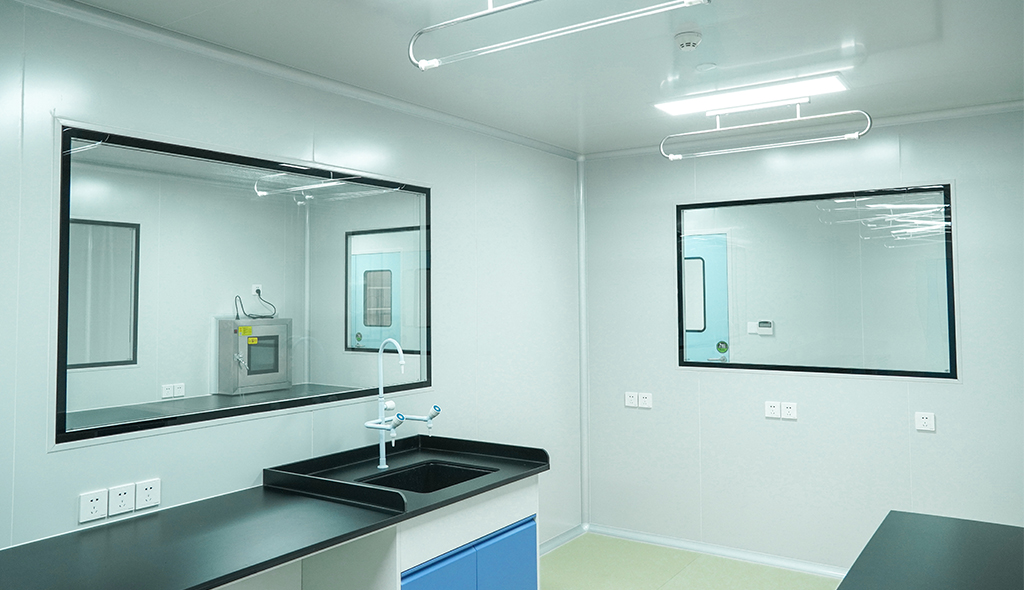 Cleanroom Glass Windows Are The Key to Maintaining a Clean Environment
Cleanroom Glass Windows Are The Key to Maintaining a Clean Environment -
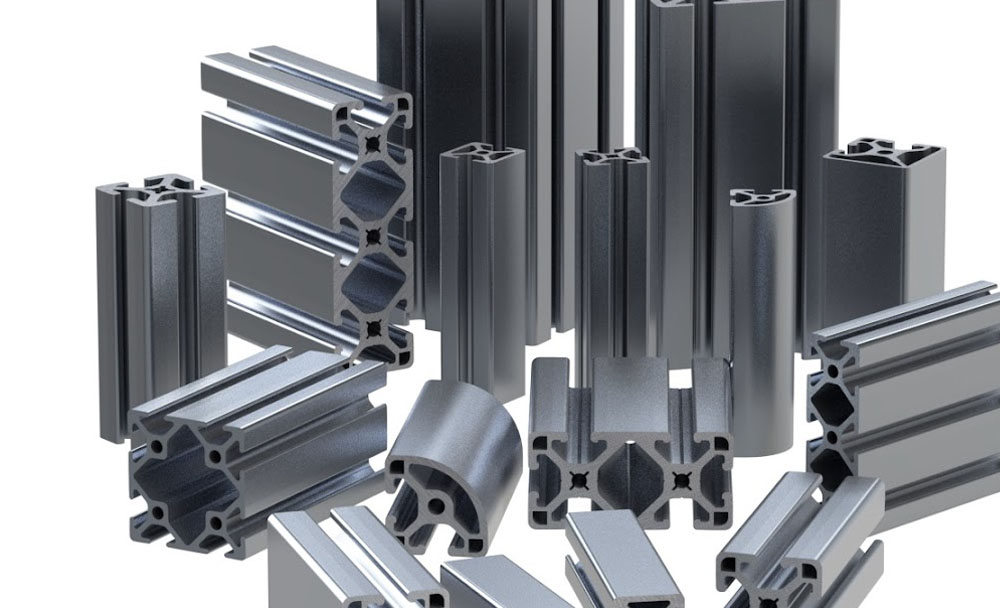 Top Aluminium Profile Manufacturers in China: Leading the Global Market
Top Aluminium Profile Manufacturers in China: Leading the Global Market -
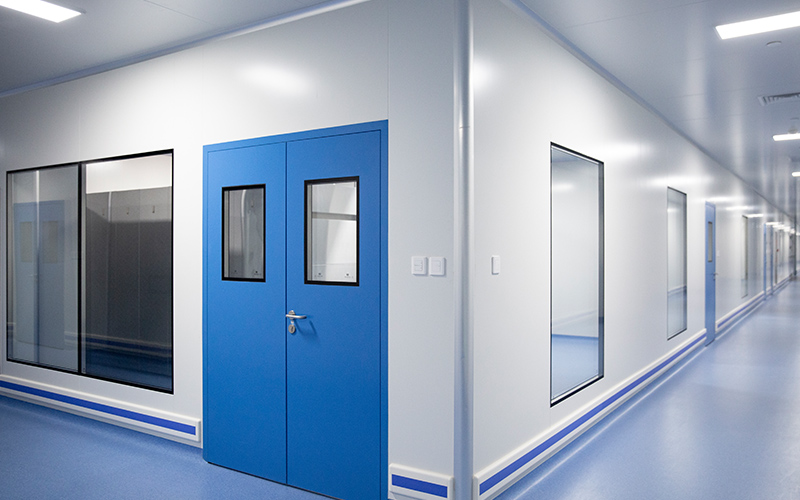 The Evolution of Air Tight Sliding Doors
The Evolution of Air Tight Sliding Doors -
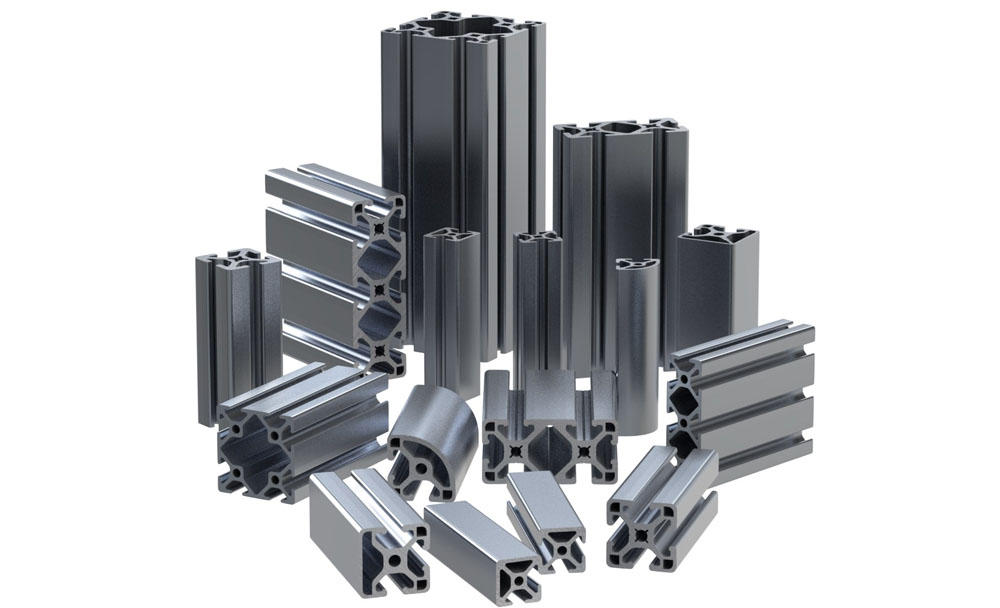 AHU Aluminium Profile: A Comprehensive Guide
AHU Aluminium Profile: A Comprehensive Guide -
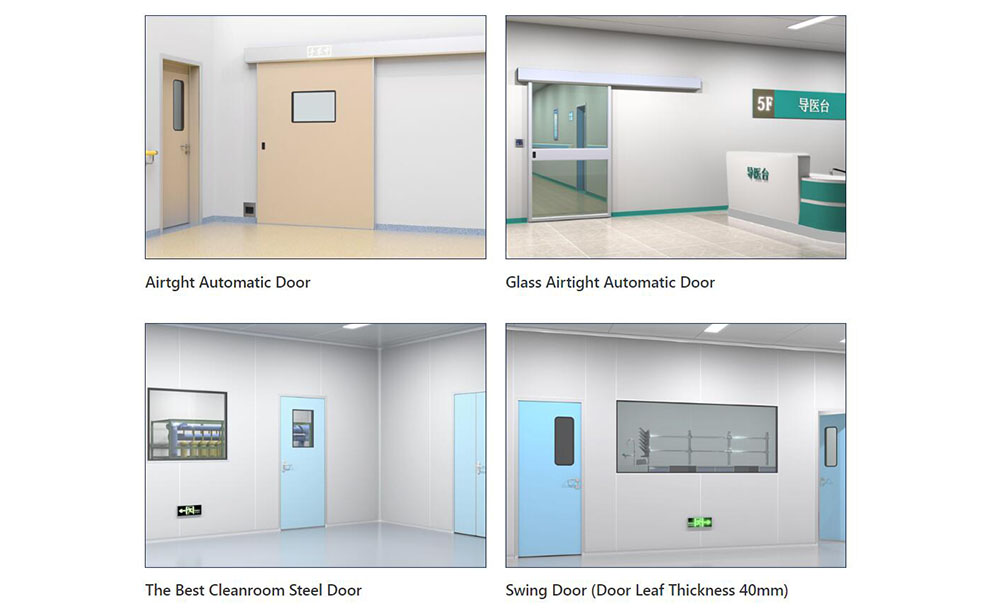 The Importance of Choosing the Right Cleanroom Door in Vietnam
The Importance of Choosing the Right Cleanroom Door in Vietnam -
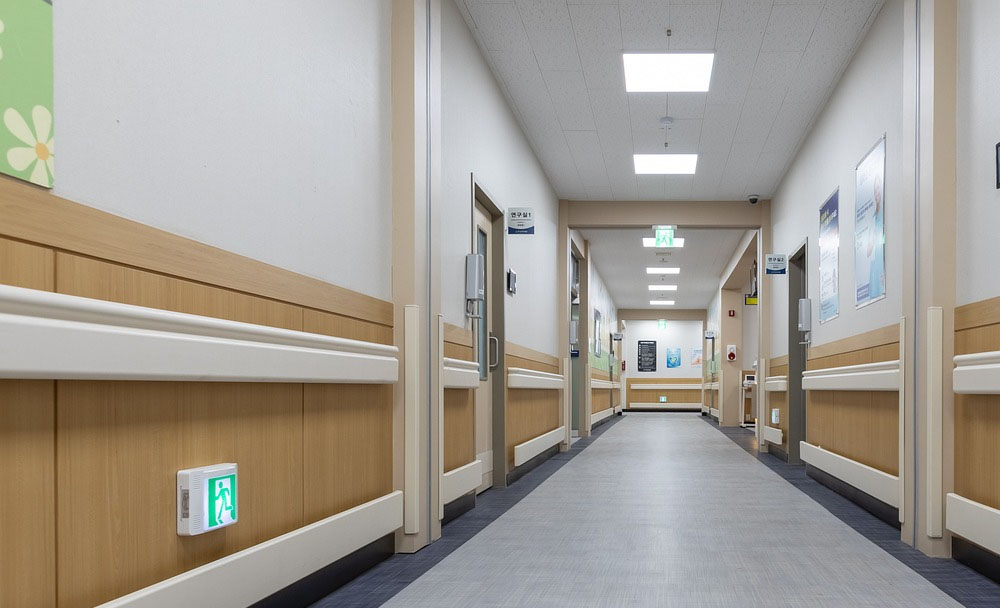 The Benefits of Hospital Automatic Doors: Enhancing Efficiency and Safety
The Benefits of Hospital Automatic Doors: Enhancing Efficiency and Safety -
.jpg) The Best Bathroom Door Manufacturers - Unlocking Endless Possibilities!
The Best Bathroom Door Manufacturers - Unlocking Endless Possibilities! -
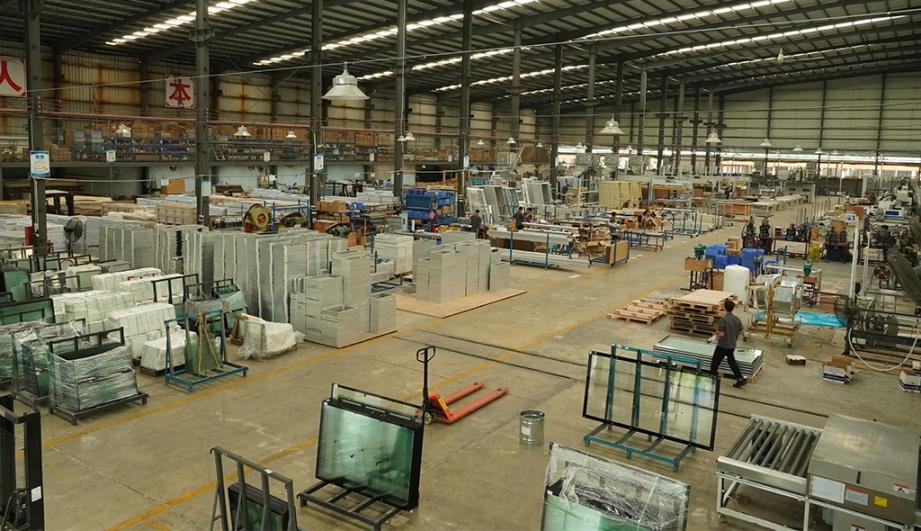 Unlock the Possibilities with AJ Manufacturing Doors
Unlock the Possibilities with AJ Manufacturing Doors -
 Make a Statement with Manufactured Home Interior Doors!
Make a Statement with Manufactured Home Interior Doors! -
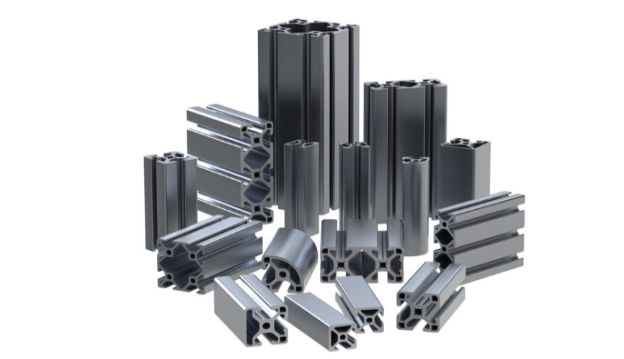 what is aluminum profile? Aluminum Profiles for Your Home is the best option
what is aluminum profile? Aluminum Profiles for Your Home is the best option
-
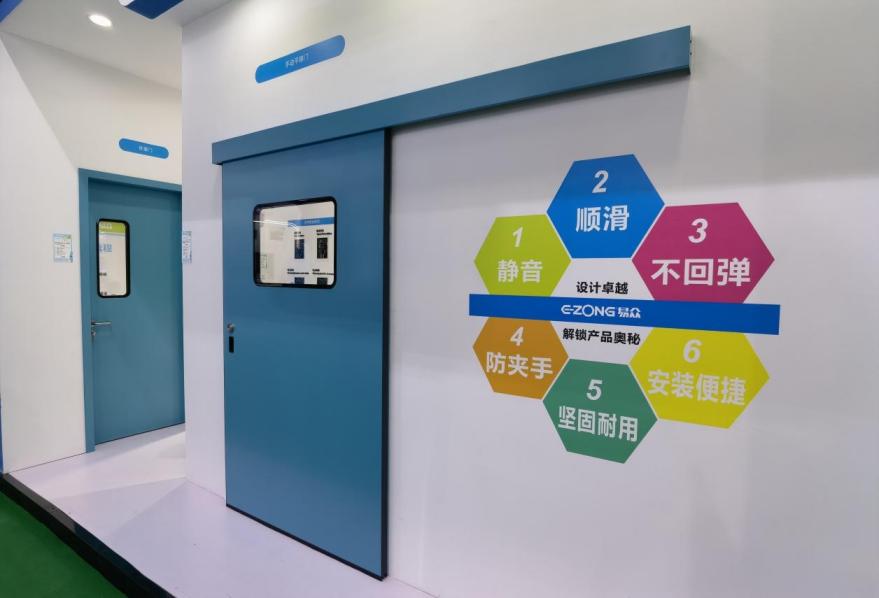 Guide to Doors Clean Room: Ensuring Contamination Control
Guide to Doors Clean Room: Ensuring Contamination Control -
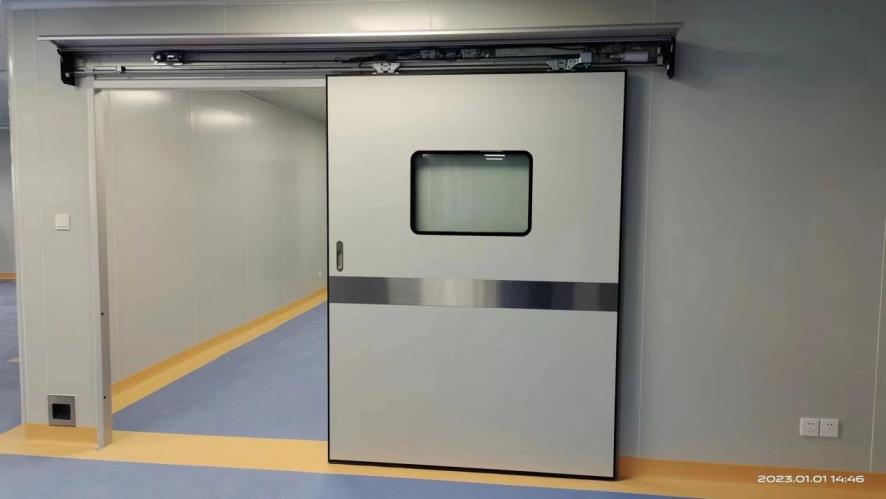 Introducing Guangdong Clean Room Aluminum Company: E-ZONG
Introducing Guangdong Clean Room Aluminum Company: E-ZONG -
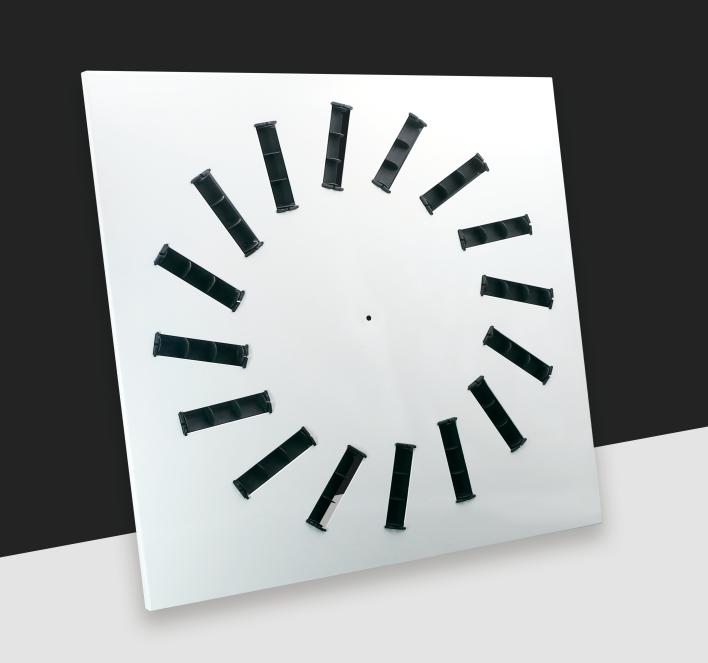 Cost-Effectiveness of Bulk Purchasing Air Diffuser
Cost-Effectiveness of Bulk Purchasing Air Diffuser -
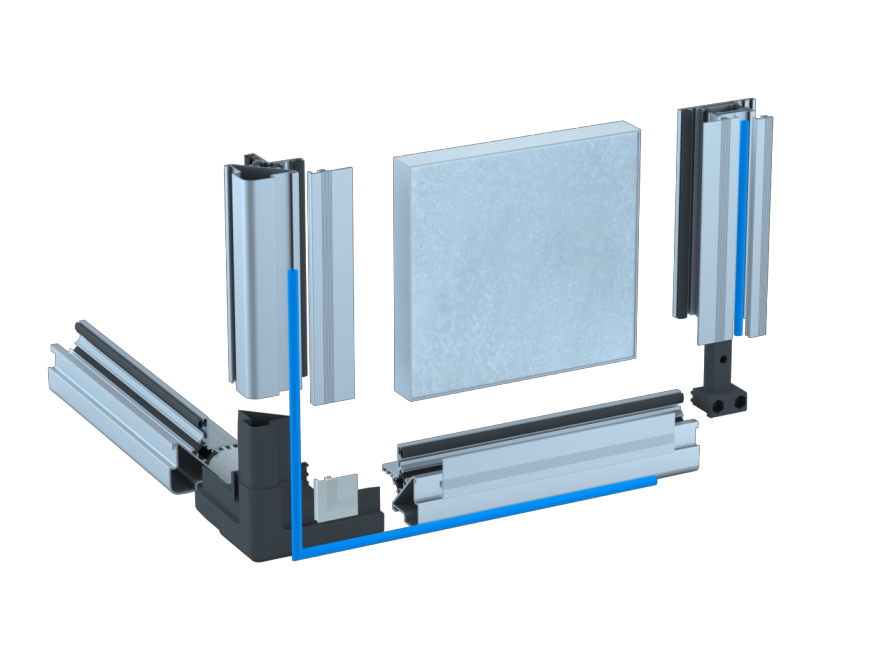 Makeup Air Handling Unit: Here to Know
Makeup Air Handling Unit: Here to Know -
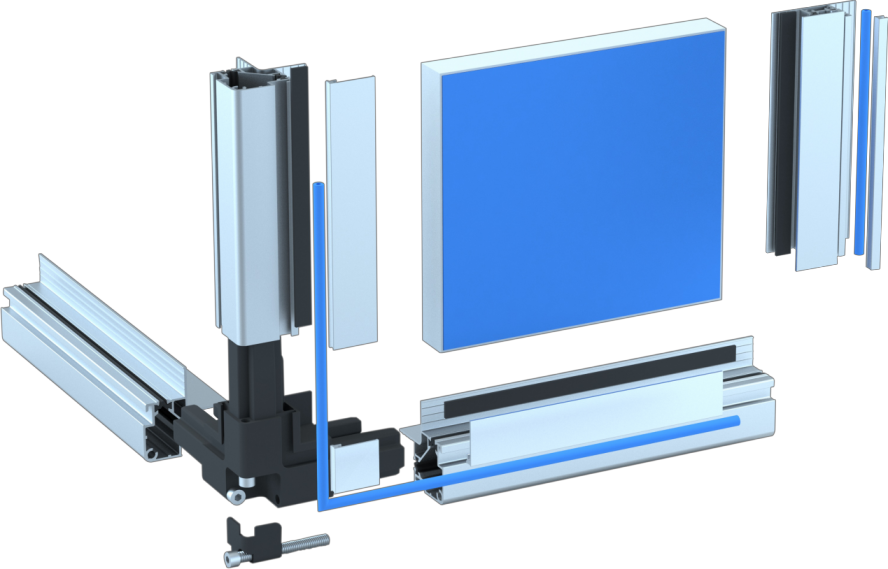 Customizing HVAC Systems Parts for Building Specific Needs
Customizing HVAC Systems Parts for Building Specific Needs -
 How Return Air Diffuser Enhances HVAC Efficiency for Your Projects
How Return Air Diffuser Enhances HVAC Efficiency for Your Projects -
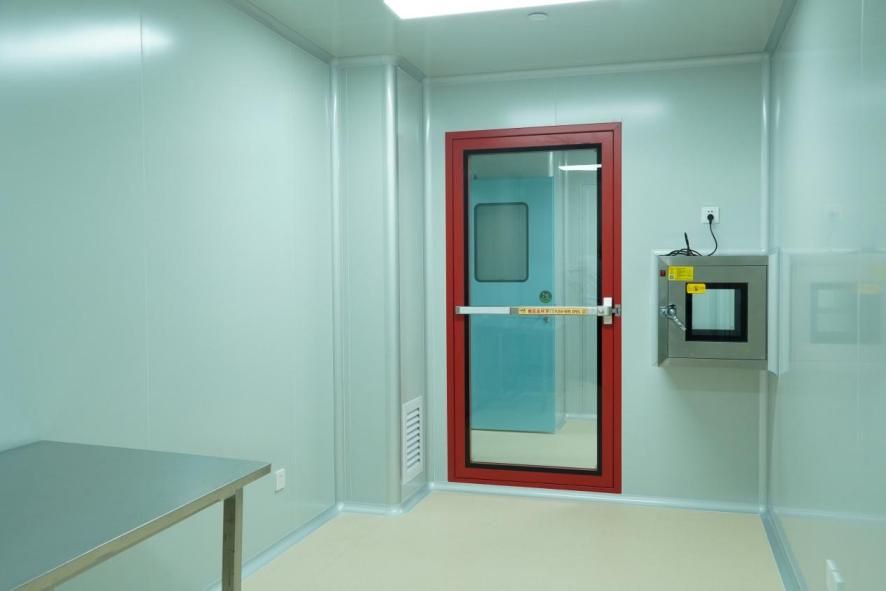 Exploring the Versatility of Swing Glass Door
Exploring the Versatility of Swing Glass Door -
 Choosing Quality: Why Linear Diffuser Grille is Essential in Modern Design
Choosing Quality: Why Linear Diffuser Grille is Essential in Modern Design -
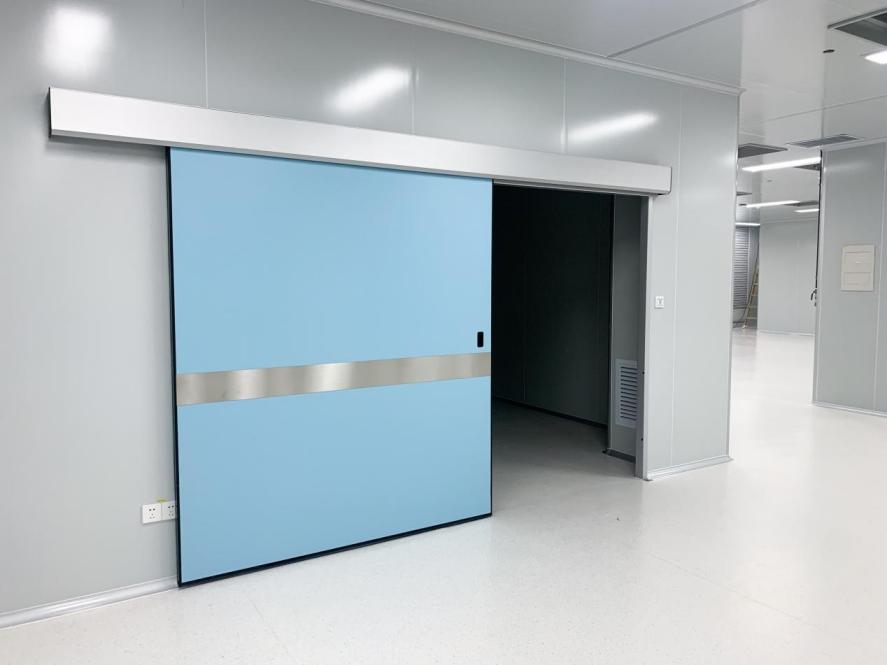 Introduction to Clean Room High Speed Doors: Let’s Dive into
Introduction to Clean Room High Speed Doors: Let’s Dive into -
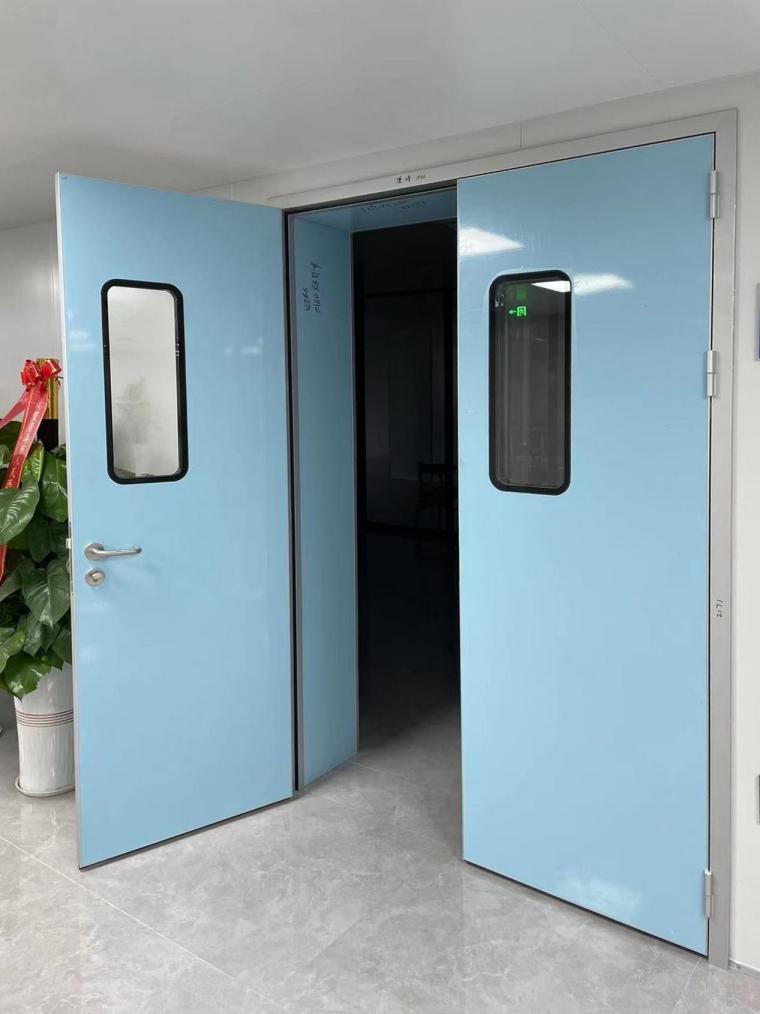 High-Quality Clean Room Double Door for Medical and Health
High-Quality Clean Room Double Door for Medical and Health

Guangzhou Yizhong Aluminum Industry Co., Ltd.
We are always providing our customers with reliable products and considerate services.
We are always providing our customers with reliable products and considerate services.
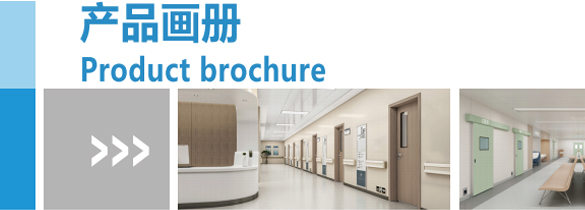
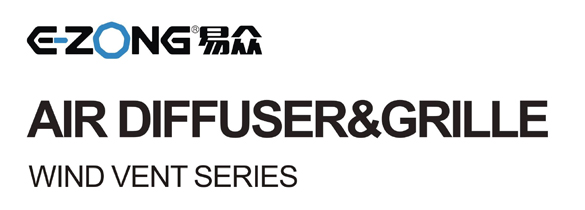

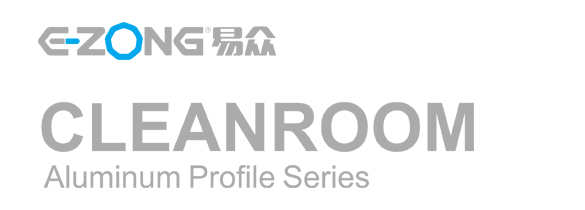
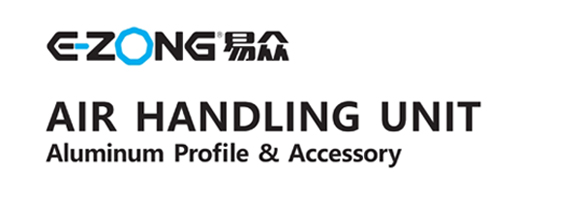






Speak Your Mind